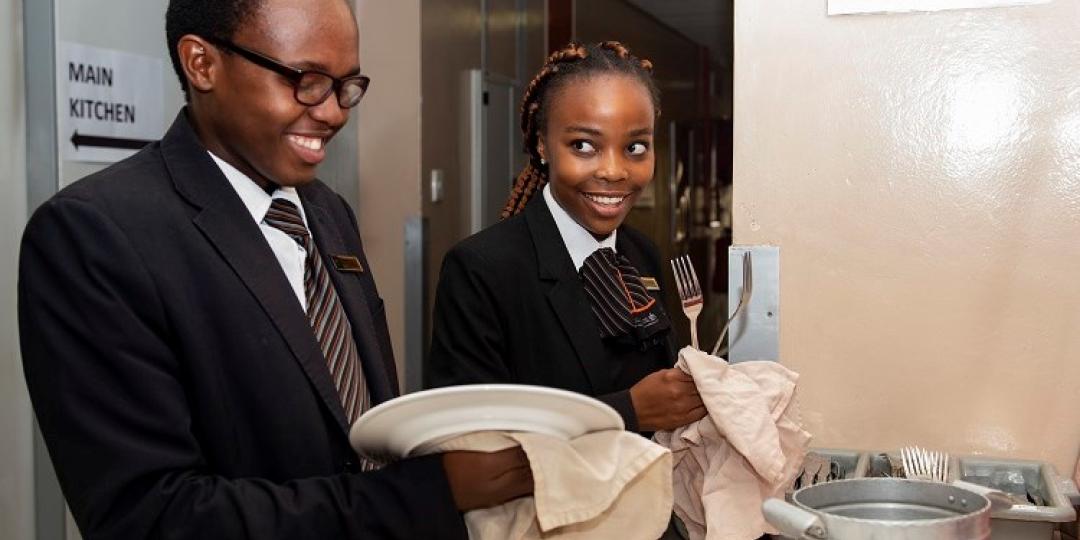To attract new entrants to the tourism and hospitality sector, the approach to higher education needs to change to ensure ongoing trust in the sector and fuel the hope that it’s still a viable career.
This was highlighted during a webinar hosted by the University of Johannesburg’s School of Tourism and Hospitality (UJSTH).
“Trust has been dented and we have some bruised young people who have anticipated an exciting career in the industry,” said Professor of Tourism Employment from the University of Strathclyde, Tom Baum. Having worked directly with young people pursuing careers in tourism and hospitality, Baum pointed out that learners needed to be reassured that there would be jobs available at the end of their studies.
The tourism sector has faced huge job losses as a result of COVID-19. “Particularly, part-time workers and any students that companies may have had on their books, who would have been the first people to bear the brunt of the job losses,” said COO of City Lodge Hotel Group, Lindiwe Sangweni-Siddo.
Work Integrated Learning Coordinator at UJSTH, Tracy Daniels, touched on the way work-integrated learning modules had been reshaped to suit the strange learning circumstances of the 2020 academic year.
She said learners benefited hugely from the work-integrated learning experiences and were expecting meaningful experiences that would provide them with real insight to their possible future in the industry. “These aren’t the interns that you can give menial tasks to like making coffee; they want to actively participate.” She said now, more than ever, the industry was obliged to offer relevant learning opportunities for youths.
“If we don’t use this time to reshape the future of tourism, especially through higher education, we will have missed the biggest opportunity of our lives,” said Anita Mendiratta, Founder and President of Anita Mendiratta & Associates and Special Adviser to UNWTO.
























